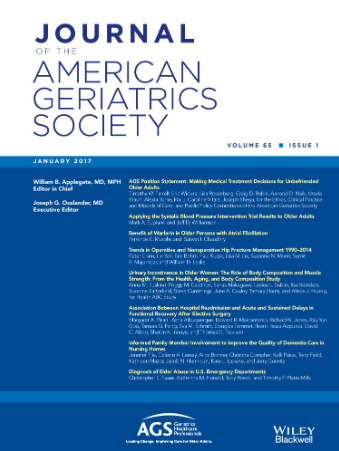Trust in Physicians and End-of-Life Discussions and Preferences for Place of Care Among US Chinese Older Adults
Abstract
Background
Patient trust in physicians is essential for effective end-of-life discussions. Little is known about how Chinese older adults' trust in physicians relates to their end-of-life care discussions and care setting preferences.
Objective
To examine the association between medical trust among Chinese older adults and their views on end-of-life discussions and care setting preferences.
Design
Secondary analysis of longitudinal cohort data from the Population Study of Chinese Elderly (PINE) using linear mixed-effects logistic and multinomial logistic regressions, adjusting for covariates. Predicted probabilities of outcome measures were reported.
Participants
A total of 2192 Chinese older adult immigrants in greater Chicago participated in the PINE study from 2017 to 2020.
Main Measures
Outcome variables encompass four dimensions of end-of-life care planning: (1) beliefs about the importance of discussions with family; (2) discussions of end-of-life options with family; (3) preference for counseling with a healthcare provider as a resource; and (4) preferred place of care. The main independent variable was trust in physicians. Covariates included age, sex, education, income, years in the United States, living children, self-rated health, and medical conditions.
Key Results
Respondents with strong trust were less likely to consider end-of-life discussions with family important (AOR = 0.70, 95% CI: 0.55–0.88). Those with strong trust were more likely than those with weak trust to value counseling with a healthcare provider for end-of-life discussions with family (AOR = 5.86, 95% CI: 4.65–7.38). Moderate trust was associated with a preference for end-of-life care in a hospital (AOR = 1.63, 95% CI: 1.30–2.05) over home care, relative to weak trust.
Conclusions
Older Chinese immigrants with strong trust tended to place less emphasis on end-of-life discussions with family and favored one-on-one counseling with a healthcare provider for end-of-life discussion. Patient education and family engagement in end-of-life discussions led by trusted healthcare providers may be promising approaches to ensure goal-concordant care for this population.

 求助内容:
求助内容: 应助结果提醒方式:
应助结果提醒方式:


